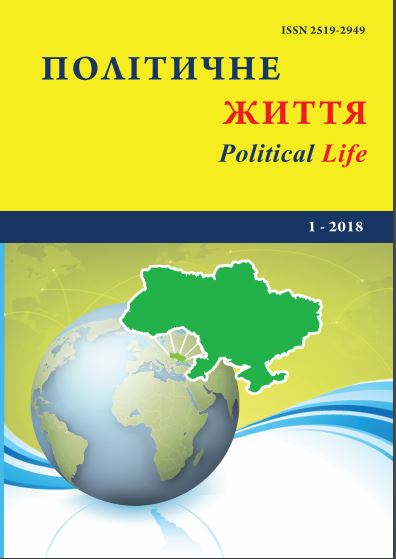Countermeasures against smuggling in Soviet Ukraine: experience of 1921-1939.
DOI:
https://doi.org/10.31558/2519-2949.2018.1.8Keywords:
state border, smuggling, law, institutions, USSR(Union of Soviet Socialist Republics), USSR(Ukrainian Soviet Socialist Republic)Abstract
The article raised the issue of contermeasures against smuggling in Soviet Ukraine in 20s-30s of the twentieth century. The dangers of smuggling for the development of economic, financial, credit and political system of the Soviet state were studied. The process of legal framework formation combating smuggling was studied. It is stressed that smuggling undermines the state’s economy, violates the state order of material assets movement through the state border, as well as objects and substances circulation of which is restricted or forbidden, causes damage to the national security and health of people, therefore counteracting smuggling should constantly be in the field of specialists-practices of state institutions involved in the protection of state borders, in particular in the field of fiscal, customs, border services of each state. Legal regulatory basis for combating smuggling were investigated. The basic laws and documents that disclosed the concept of "smuggling", its features and the responsibility for it were researched. Studied the role of documents such as USSR Criminal Code, RSSR Criminal Code, Customs statute of USSR, the decree of Council of People’s Commissars of RRSFR "On Combating smuggling" to counter economic crimes. The role of customs and border protection to counter smuggling during the 1921-1939 years was shown. The state institutions work of on the issue of illegal goods trafficing combat has been studied (discovered). The methods of combating smuggling such as: arrest at the border; operations with the seizure of contraband from apartments and shops; creation of special protective units in the areas of goods smuggling; surveillance of persons suspected of illegal activities; interception of correspondence; infiltration of agents; creating a network of informants and others were analyzed.Downloads
How to Cite
[1]
Kotsan, R.I. 2018. Countermeasures against smuggling in Soviet Ukraine: experience of 1921-1939. Political life. 1 (Jun. 2018), 48-54. DOI:https://doi.org/10.31558/2519-2949.2018.1.8.
Issue
Section
Політичні інститути та процеси

